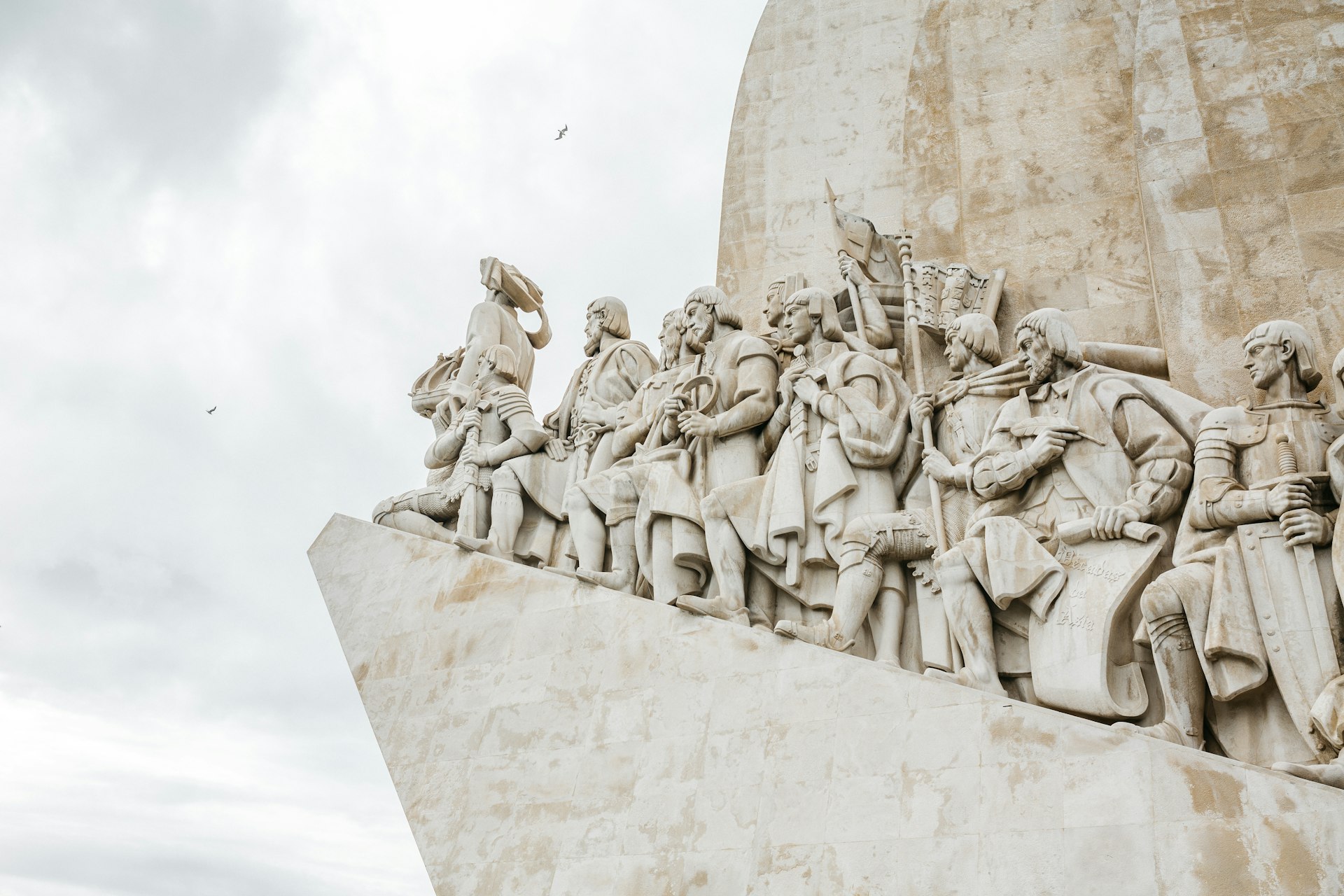Exploring Ancient Indian Civilizations and Philosophy: Foundations, Influence, and Access to Resources

Photo by Tirth Engineer on Unsplash
Introduction
Ancient Indian civilizations laid the groundwork for one of humanity’s most enduring and influential cultural and philosophical traditions. Spanning millennia, these early societies not only pioneered urban life, trade, and governance but also produced groundbreaking philosophical systems that continue to shape global thought. This article provides a comprehensive overview of the major ancient Indian civilizations, delves deeply into their philosophical achievements, and offers actionable guidance on further exploration and access to educational resources.
Major Ancient Indian Civilizations: Timeline and Features
The roots of Indian civilization stretch back tens of thousands of years, with the earliest evidence of human habitation dating to around 60,000 BCE [1] . The development of complex societies began in earnest with the rise of the Indus Valley Civilization, followed by the Vedic Age and subsequent empires.
Indus Valley Civilization (c. 2600-1700 BCE)
The Indus Valley Civilization, also known as Harappan civilization, flourished along the Indus River and its tributaries in what is now Pakistan and northwest India [2] . This urban culture is notable for:
- Planned cities like Mohenjo-Daro and Harappa, characterized by grid layouts, advanced drainage, and standardized fired-brick architecture.
- Evidence of long-distance trade, artisan crafts, and early forms of writing.
- Religious practices inferred from artifacts, including possible proto-Shiva figures and Mother Goddess worship.
Despite its sophistication, the script of the Indus Valley remains undeciphered, making interpretations of its culture and philosophy partly speculative. The civilization declined around 1700 BCE, possibly due to climate change or shifting river patterns [3] .
Vedic Civilization (c. 1500-500 BCE)
Following the decline of the Indus Valley Civilization, Indo-Aryan tribes settled in the Indo-Gangetic plain, marking the start of the Vedic period. This era is named after the Vedas-collections of hymns, rituals, and philosophy composed in Sanskrit [4] . Key features include:
- Village-based society with an evolving social order (the varna system).
- Development of early Hinduism, including the concepts of karma, dharma, and the cycle of rebirth.
- Foundation of later philosophical schools through the Upanishads, which explored metaphysical questions.
Many of the core ideas from this period-such as the pursuit of truth, the unity of existence, and the role of personal effort in spiritual progress-remain central to Indian philosophy.

Photo by Sandip Roy on Unsplash
Emergence of Empires and the Expansion of Philosophy (c. 500 BCE-650 CE)
The rise of large kingdoms and empires, starting with the Mahajanapadas and culminating in the Mauryan and Gupta Empires, created a fertile environment for philosophical development and cultural exchange [2] . Noteworthy milestones include:
- The founding of Buddhism and Jainism around the 6th century BCE, both advocating non-violence, ethical living, and spiritual liberation.
- The Mauryan Empire under Ashoka (3rd century BCE), who promoted Buddhist values and sent emissaries across Asia [5] .
- The Gupta period (c. 320-550 CE), often called the Golden Age of India, featuring advances in science, mathematics, literature, and the arts.
During this time, classical schools of Hindu philosophy (darshanas) such as Nyaya, Vaisheshika, Samkhya, Yoga, Mimamsa, and Vedanta were systematized, each offering different approaches to knowledge, reality, and liberation.
Key Philosophical Traditions of Ancient India
Indian philosophy is renowned for its diversity, depth, and practical orientation. It developed both within the Vedic tradition and independently, encompassing both theistic and non-theistic perspectives.
Vedic and Upanishadic Thought
The earliest philosophical texts are the Upanishads, which probe the nature of ultimate reality (Brahman), the self (Atman), and the means to liberation (moksha). These works emphasize introspection, meditation, and ethical living as paths to self-realization.
Key concepts from this tradition include:
- Karma : The law of moral cause and effect governing actions and their outcomes.
- Dharma : Duty, righteousness, and ethical conduct as guiding principles of life.
- Moksha : Liberation from the cycle of birth and death.
Practical application involves study, contemplation, and the pursuit of ethical living. Many modern yoga and meditation practices trace their roots to these early philosophies.
Buddhism and Jainism
Both founded in the 6th century BCE, Buddhism and Jainism rejected Vedic ritualism in favor of personal ethical conduct and spiritual discipline.
Buddhism teaches the Four Noble Truths and the Eightfold Path as the route to end suffering and achieve enlightenment. Jainism emphasizes ahimsa (non-violence), asceticism, and the pursuit of truth through self-control.
Steps for individuals interested in these philosophies may include:
- Reading foundational texts such as the Dhammapada (Buddhism) or Tattvartha Sutra (Jainism).
- Seeking local or online study groups for guided exploration.
- Practicing mindfulness or meditation using established techniques.
Classical Schools of Hindu Philosophy
The six orthodox schools (darshanas) of Indian philosophy present a wide range of metaphysical and logical systems. For example:
- Nyaya focuses on logic and epistemology, providing tools for critical thinking.
- Samkhya offers a dualistic analysis of consciousness and matter.
- Yoga prescribes practical methods for mental and physical discipline to achieve spiritual goals.
- Vedanta explores the non-dualistic unity of self and reality, as articulated in the Upanishads.
Those interested in these traditions can consult reputable academic resources or enroll in university courses on Indian philosophy.
How to Access Resources and Study Ancient Indian Civilizations and Philosophy
For individuals seeking to learn more or pursue formal study, multiple pathways are available. Some of the most effective approaches include:
- Visiting local or university libraries for books and academic journals on Indian history and philosophy.
- Searching for online courses or lectures from recognized institutions, such as major universities or platforms like Coursera and edX, using search terms like “ancient Indian civilization,” “Vedic philosophy,” or “Buddhism studies.”
- Exploring museums with South Asian collections, such as the British Museum or the Smithsonian, which often feature online exhibits and educational materials.
- Consulting official websites of organizations like the Archaeological Survey of India for updates on research, archaeological findings, and educational materials.
When pursuing advanced study, consider enrolling in degree programs in history, religious studies, or philosophy at accredited universities. Many programs now offer remote learning options.
Challenges in the Field and Solutions
Individuals may encounter challenges, such as:
- The complexity and diversity of ancient Indian sources and languages.
- Barriers to accessing primary texts or reliable translations.
- Misinformation or non-scholarly interpretations online.
To address these challenges:
- Prioritize materials from university presses or recognized academic publishers.
- Seek guidance from experts through university departments or reputable online forums.
- Use official agency names and search for recommended reading lists or syllabi from established courses.
Alternative Approaches and Further Exploration
Beyond formal study, you may:
- Participate in community workshops, lectures, or cultural events focused on Indian history and philosophy.
- Engage with practitioners of related spiritual or philosophical traditions for experiential learning.
- Travel to archaeological sites or historical museums-when feasible-for immersive experiences.
Key Takeaways
Ancient Indian civilizations and philosophies represent a foundational chapter in world history, marked by remarkable achievements in urban planning, governance, ethics, and metaphysics. Their enduring legacy is accessible through a wealth of resources for study, reflection, and practical application. For the most accurate and up-to-date information, always cross-check facts using official agency names and seek materials from established academic or cultural institutions.
References
[1] World History Encyclopedia (2024). Timeline: India. [2] Timemaps (2024). Ancient India: Civilization and History. [3] Q-files (2024). Timeline of Indian History. [4] Education Province (2024). India’s Ancient History Timeline. [5] Wikipedia (2024). Timeline of Indian History.



